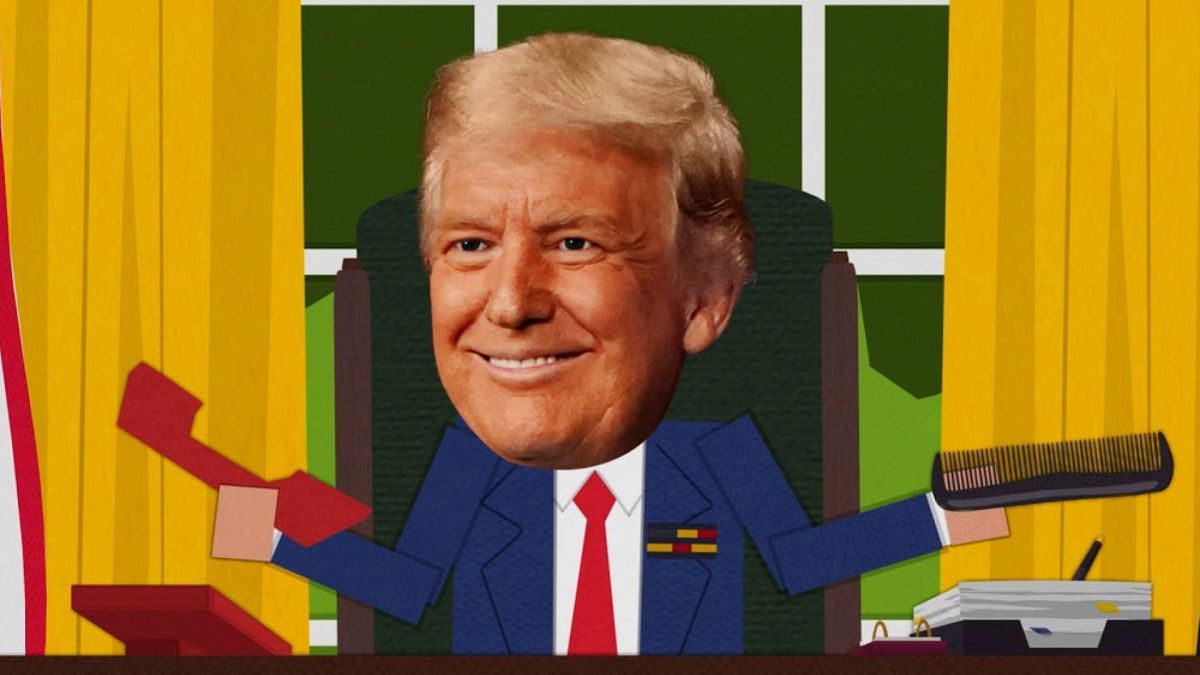

In a world filled with rapid information exchange, certain stories stand out for their impact and the contemplation they inspire. From the corridors of political influence to the artistic realms of culture, recent events have shed light on the dynamics between leadership, media, and historical preservation.
The interplay between politics and media has always been intricate, and this is especially evident in the unfolding scenario encompassing the White House’s engagement with prominent media productions. The current administration has expressed concern over what it terms “Trump Derangement Syndrome.” In response, it has turned its focus on various satirical media outlets and political talk shows. The nuanced criticisms coming from shows such as South Park, Stephen Colbert, and Joy Behar, have not gone unnoticed. With fervor, the administration aims to counteract what it perceives as media-driven narratives that are unduly critical. As these interactions unfold, they reflect the age-old tension between governance and freedom of the press—a fundamental pillar in any democracy that can mold public perception and discourse.
Meanwhile, a humanitarian and political tempest is brewing in the Middle East, particularly affecting Gaza. Israeli officials are presently engaged in substantial public relations efforts to distance themselves from allegations concerning a humanitarian crisis in Gaza that encompasses widespread starvation. While international organizations and numerous governments have pointed to Israeli policies as a contributing factor, Israeli representatives have suggested alternative narratives. They emphasize the complex nature of aid distribution and have at times attributed the blame to entities such as Hamas or international bodies. Amidst these discussions, humanitarian concerns persist, and the voices of affected civilians remain a critical part of the dialogue, urging solutions and cooperation to address the dire needs on the ground.
In parallel developments within international diplomacy, French President Emmanuel Macron has announced a significant policy shift, wherein France intends to recognize a Palestinian state at the upcoming UN General Assembly. This move comes at a time when tensions remain high, highlighted by recent violent confrontations in the West Bank that resulted in the unfortunate loss of life. These geopolitical movements underline ongoing endeavors for peace and recognition in a region long marked by conflict and complexities.
Turning to cultural affairs, in London, the Freud Museum has found itself amidst calls for an inquiry concerning allegations of workplace misconduct and autocratic governance practices by its board. The museum, historically significant as the final residence of Sigmund Freud, is more than just a repository of psychoanalytic heritage; it is a beacon for cultural and intellectual exploration. Such allegations, bringing forth issues of governance within cultural institutions, reflect broader challenges in maintaining organizational integrity and transparency. As the museum faces these scrutiny demands, its dedication to honoring the legacy of Freud and his contributions to psychoanalysis stands at a critical juncture.
In reflecting on these narratives—whether in political media criticism, Middle East humanitarian efforts, or cultural accountability—there is a shared thread of striving for balance. These stories remind us of the importance of dialogue, the pursuit of truth, and the responsibilities held by those at the helm of leadership and public expression. In a world of intricate challenges and evolving narratives, the pursuit of understanding and solutions remains a tranquil and hopeful endeavor.
Source: {link}
